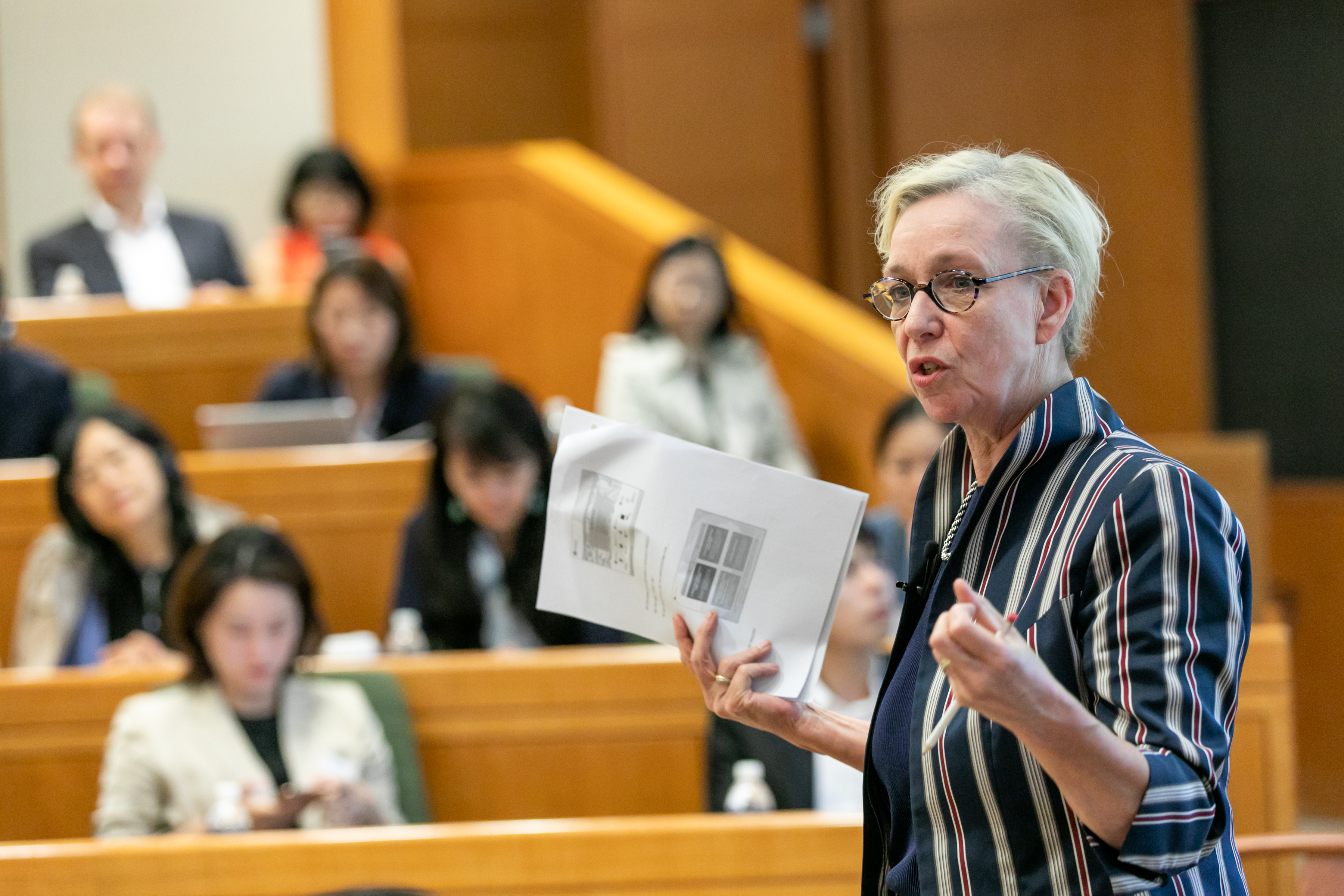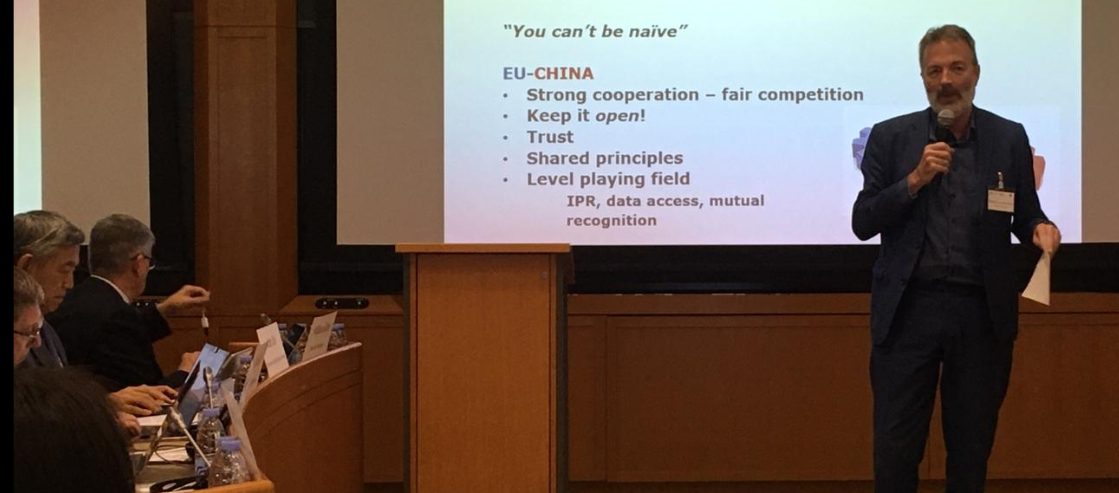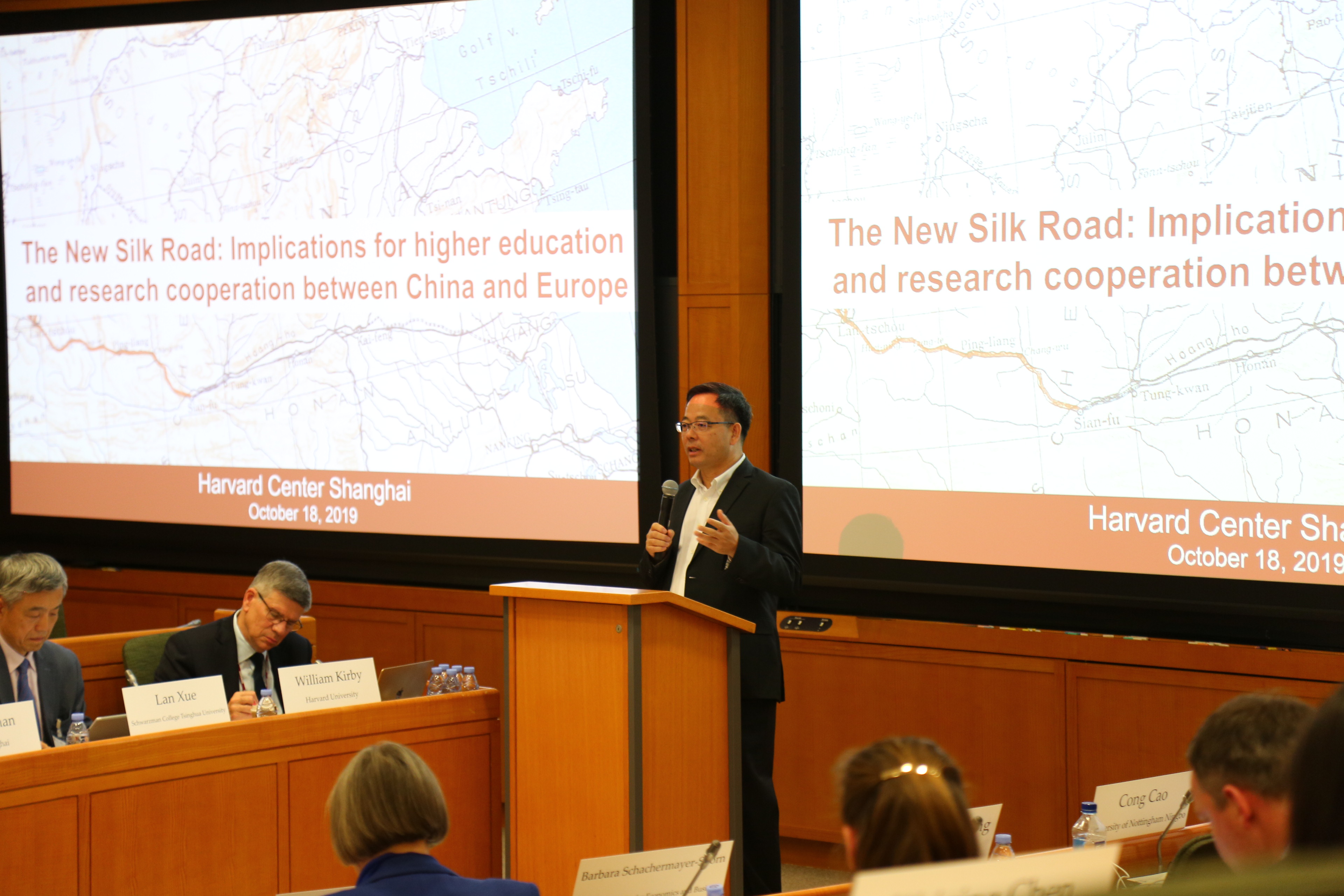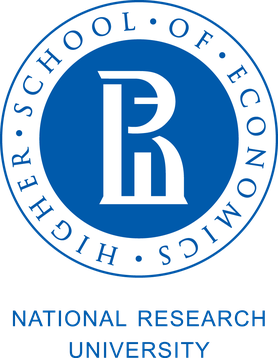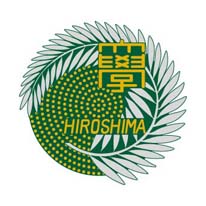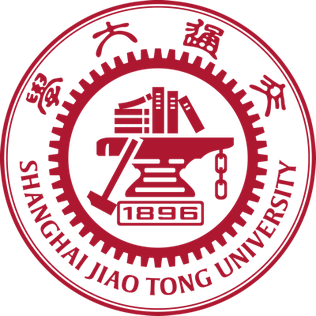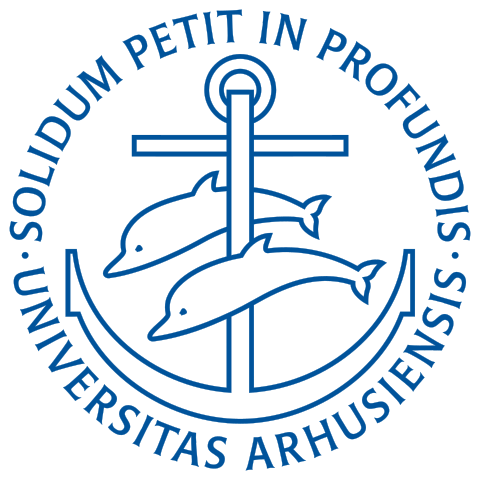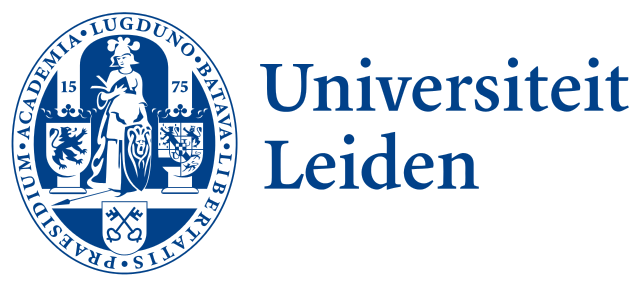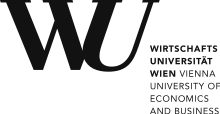Shanghai Seminar, 18 October 2019
Fourth seminar on the international New Silk Road project in Shanghai
Fourth seminar on the international New Silk Road project in Shanghai
On October 18th, the fourth seminar on the New Silk Road research project took place in Shanghai. This international research project focuses on the impact of the Chinese New Silk Road project on academic collaboration between Chinese and European universities.
Recent geopolitical trends such as Brexit and the US turning its back on international trade and collaboration create uncertainty in higher education with regard to international cooperation and the free movement of students, academics, scientific knowledge, and ideas. At the same time, under influence of the New Silk Road project (also named the One Belt One Road or Belt and Road Initiative), among other things, the role of China as a major player in the field of higher education and research is expanding. As a result, China is able to attract more talent (back), to enhance its impact on the global higher education landscape and to integrate major parts of the world across the Euro-Asian continents.
However, these developments may take place on new and different conditions. This research project therefore aims at exploring the possible implications of the New
Silk Road for higher education and research cooperation between China and Europe. It aims at doing so in an international and interdisciplinary team, which is led by Marijk van der Wende. Other project members from Utrecht University are Henk Kummeling, Sybe de Vries, Ton van den Brink, Marcus Duwell, Charles van Marrewijk and Stijn van Deursen. Partner institutions in the project include scholars from China, Germany, the United Kingdom, Japan, the United States, Australia, Austria and Russia.
The Shanghai seminar was hosted by the Harvard Center in Shanghai and started with a presentation by Marijk van der Wende on the current stage of the research project. Afterwards, two high level panels focused on topical questions relating to the current developments on and along the New Silk Road.
A closing keynote was given by William C. Kirby, professor at Harvard University and chair of the Harvard Center in Shanghai. In his inspiring talk, he discussed the importance of working together in a fair and open way, while keeping a keen eye on the important role of universities in societies as a place of free thought and for education of new generations.
The project is carried out by an international consortium coordinated by Utrecht University’s Centre for Global Challenges (UGlobe).
Site Notice & Privacy Policy
